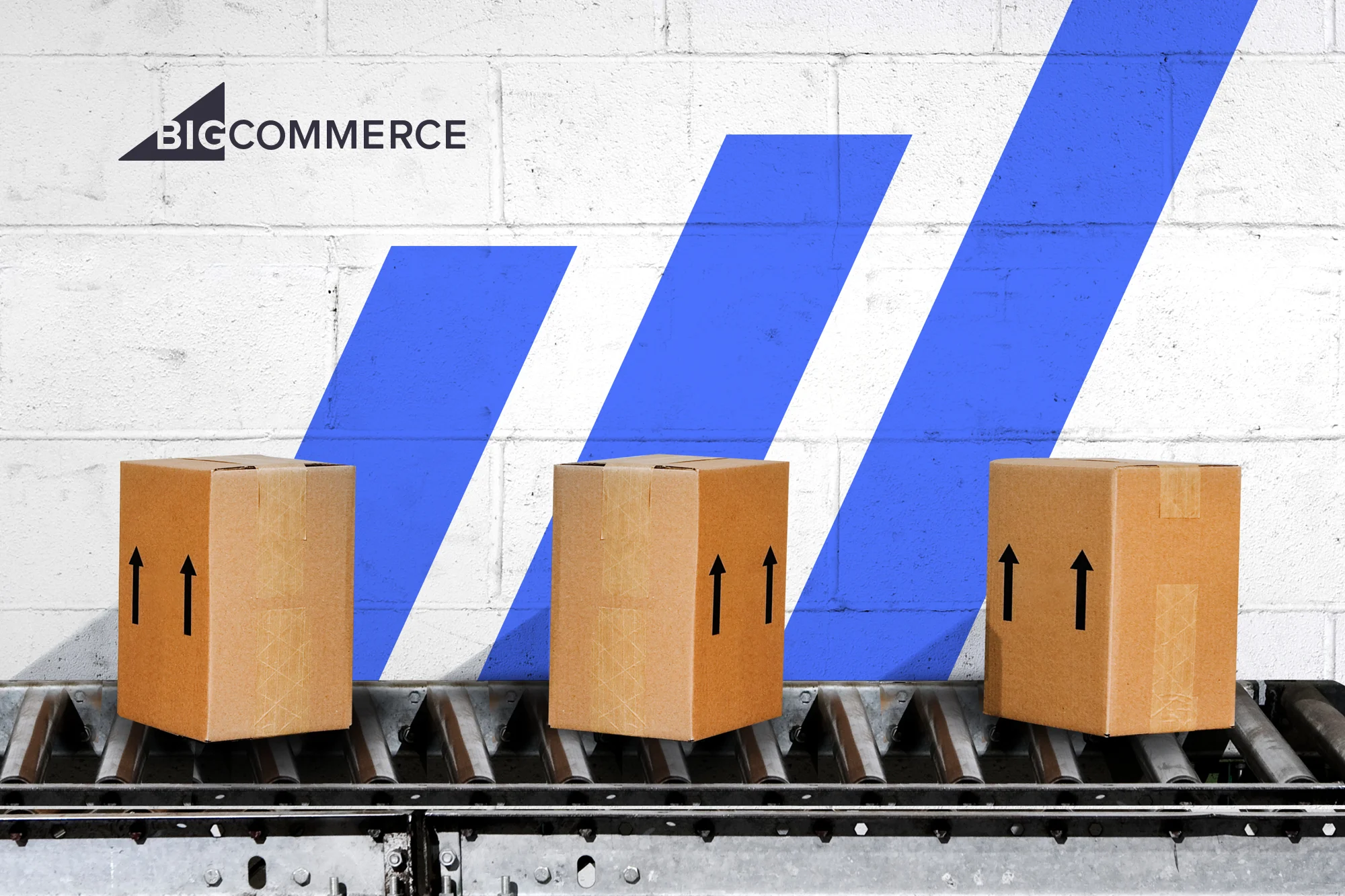Richieste stampa generali
pr@bigcommerce.comMon, 05/07/18, 02:00:00 PM
BigCommerce Survey Identifies Ecommerce As A Growing Component of B2B Sales
Findings show that 90 percent of B2B merchants expect ecommerce sales to increase in 2018

AUSTIN, Texas – May 7, 2018 – BigCommerce, the leading ecommerce platform for fast-growing and established brands, today released its 2018 B2B Ecommerce Report, which examines the impact that ecommerce has on the business-to-business (B2B) sales experience. In March 2018, 525 merchants that identify as either a B2B-only seller or currently sell both B2B and B2C participated in a survey about the way they conduct B2B sales, the role ecommerce currently plays in that process and its expected role in the future, the technology and design behind their ecommerce buying experience, and the expectations of today’s B2B buyers.
According to the survey, 80 percent of merchant respondents currently accept B2B orders online, and 78 percent of those have enabled ecommerce purchasing for at least two years. B2B ecommerce, much like the broader ecommerce industry, is on the rise and merchants feel especially optimistic about its upward trajectory. Eighty-three percent of B2B merchants that do not yet have an online sales channel expect to add one within the next 24 months.
“Forrester predicts that B2B ecommerce transactions will reach $1.2 trillion by 2021, yet we still see an extensive amount of B2B sales taking place through traditional, analog channels,” said Jimmy Duvall, chief product officer at BigCommerce. “Today’s B2B buyers are hungry for a modern approach to business purchasing, and merchants that ignore customer preferences and available tools leave significant sales on the table.”
The results of the survey illustrate how B2B merchants should be thinking about ecommerce and offer actionable advice to immediately take advantage of untapped ecommerce opportunities. Key findings from the report include:
Ecommerce functionality is not new for B2B selling – but not yet mainstream. Although some merchants see the added challenges that the B2B sales process entails as an insurmountable hurdle to selling online, others view it as a green-field opportunity – and jumped on board early. Of those businesses that already sell online, 48 percent have done so for more than five years.
Complexity and transparency concerns stalled B2B ecommerce adoption. For businesses slower to adopt B2B ecommerce, a mistaken understanding of the associated costs and perceived obstacles often contributed to the business’ decision to delay implementation. More than 37 percent of respondents cited the added challenge of managing multiple websites as a primary concern for incorporating B2B buying. Another 33 percent attributed delays in adoption to executive hesitations around the impact of revealing B2B pricing online, fearing that it would hinder sales negotiations.
Business reputation trumps price in B2B purchases. When selling complex products, brand reputation, product uniqueness and quality of both product and customer experience serve as the biggest business drivers. In fact, 53 percent of merchants identified reputation as one of their business’ key selling points. As products become more commoditized, businesses are more likely to compete on price alone.
Buyers’ expectations stem from personal buying experiences. B2B buyers are also consumers who make personalized everyday purchases, and they want those online experiences to be similar. Seventy-one percent of merchants believed an easy-to-navigate website to be the most important feature for B2B customers. A variety of payment options, in-depth product information, bulk ordering and custom quotes all also factor highly into assumed customer buying preferences.
Mobile commerce is not top-of-mind for B2B merchants. Only 15 percent of merchants provide their B2B customers with mobile functionality, though just over half of those give their customers the ability to actually make purchases via mobile app. For those who do not offer mobile functionality, it is not considered a business priority and only 36 percent plan to develop a mobile sales app within the next 24 months.
For a complete, in-depth look at the insights from today’s B2B merchants, read the survey data breakdown on the BigCommerce blog or download the 2018 B2B Ecommerce Report. Retailers attending B2B Online this week can learn more about enabling ecommerce during our roundtable discussion, “Disrupting B2B Ecommerce: The Evolution of Buyer Expectations in a Digital World,” or can stop by Booth 102 to speak with a BigCommerce representative.
1 “US B2B eCommerce Will Hit $1.2 Trillion by 2021.” Forrester Research. June 2017.
About the survey
BigCommerce conducted this survey between March 5-16, 2018, and distributed to BigCommerce merchants via email and their BigCommerce control panel. Responses were collected from 525 merchants who have identified as having at least 1% of annuals sales coming from business customers.
To view the full report on the ecommerce selling expectations of B2B businesses, visit www.bigcommerce.com/blog/b2b-ecommerce-trends.
###